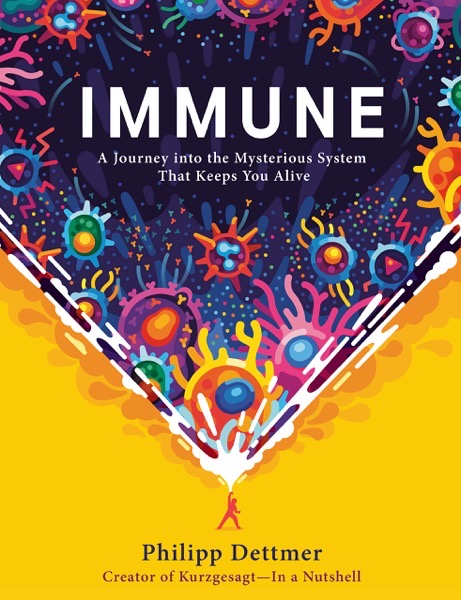
I added this to my reading list last year after finishing up Nick Offerman’s book, “Where the Deer and the Antelope Play.” I’m glad I did.
Written by a German forester, it shares insights and discoveries made over the course of his career.
Combining both scientific research and personal insight from his own experiences, it sheds some light on this fascinating flora, from how they’ve (slowly) adapted to their environments, how they support and nurture each other, and how they communicate.
But the most astonishing thing about trees is how social they are. The trees in a forest care for each other, sometimes even going so far as to nourish the stump of a felled tree for centuries after it was cut down by feeding it sugars and other nutrients, and so keeping it alive. Only some stumps are thus nourished. Perhaps they are the parents of the trees that make up the forest of today. A tree’s most important means of staying connected to other trees is a “wood wide web” of soil fungi that connects vegetation in an intimate network that allows the sharing of an enormous amount of information and goods. Scientific research aimed at understanding the astonishing abilities of this partnership between fungi and plant has only just begun. The reason trees share food and communicate is that they need each other. It takes a forest to create a microclimate suitable for tree growth and sustenance. So it’s not surprising that isolated trees have far shorter lives than those living connected together in forests.
The relationship between fungi and trees reminds me of another book that’s on my to-read list: Entangled Life: How Fungi Make Our Worlds, Change Our Minds & Shape Our Futures by Merlin Sheldrake.
Anyway, this was a fascinating look into something that I honestly take for granted. After finishing this book, I immediately wanted to go take a walk through a forest.




















